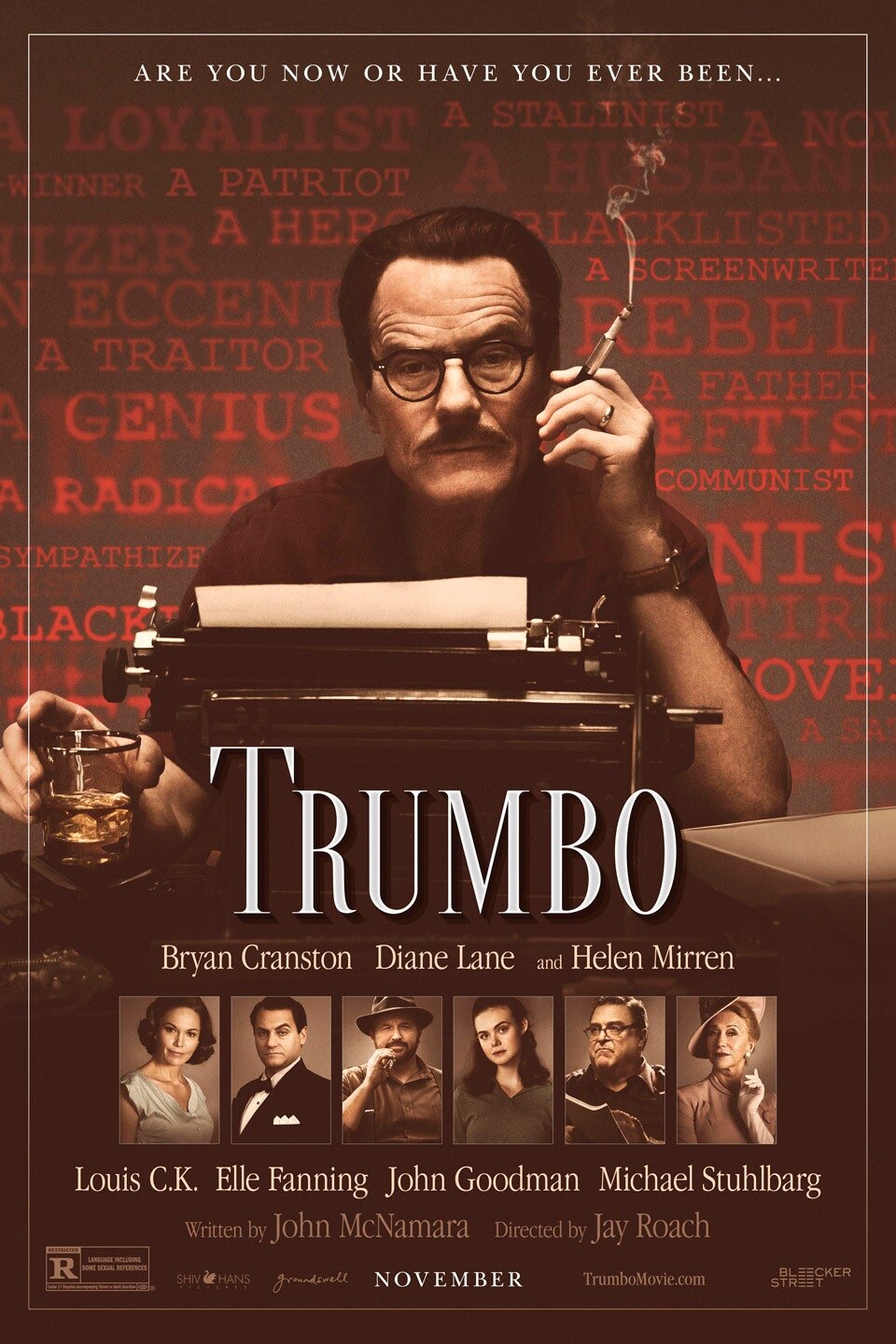
(Image: imdb.com)
As busy I get from time to time, I find that I can't see every movie under the sun, leaving my friends and colleagues to fill in the blanks for me. As poetically as I think I wax about movies on this website as a wannabe critic, there are other experts out there. Sometimes, it inspires me to see the movie too and get back to being my circle's go-to movie guy. Sometimes, they save me $9 and you 800+ words of blathering. In a new review series, I'm opening my site to friend submissions for guest movie reviews.
TODAY’S CRITIC: Lafronda Stumn

Lafronda Stumn is a student at Madisonville Community College and intends to graduate with an Associate's degree in Associate of the Arts. She plans on earning a Bachelors Degree in Motion Picture Studies and English at Wright State University. Her favorite Directors are Martin Scorsese, Steven Spielberg, and Spike Lee, and her favorite actors are Al Pacino, Denzel Washington, Meryl Streep, and Halle Berry. Lafronda contacted this page looking for a place to get published and I enjoy giving people that very kind of opportunity. This is her eleventh guest review for Every Movie Has a Lesson. Welcome back, Lafronda!
HER REVIEW: Trumbo
Dalton Trumbo was one of the most gifted writers of the 1940s through the 1960s. With such iconic screenwriting credits include Kitty Foyle, Thirty Seconds Over Tokyo, Roman Holiday, The Brave One, Spartacus, and Exodus. However, for a significant period of his career, Trumbo was blacklisted for being a communist sympathizer.
He was first accused as a communist by well-known, right-leaning gossip columnist Hedda Hopper (Helen Mirren). Movie star John Wayne (David James Elliot) and other loyal Republicans called out the communists as hating America and undermining the political process of siding with Marxist ideology. Trumbo (Bryan Cranston) held on to his principles and, along with other people in the industry, sued the government for free speech violation.
Earlier in the film, Trumbo and friend Arlin Hird (Louis C.K.) passed out a pamphlet at the Motion Picture Alliance meeting. Trumbo passed a brochure to Wayne, who had issues with his presence, and they exchanged words.
Trumbo was also friends with Edward G. Robinson (Michael Stuhlbarg), who was heading up his own production company. Robinson asked Trumbo to join after Trumbo's deal with MGM was canceled after the Hopper article hit the newspapers. Unfortunately, Trumbo, Hird, and eight others were forced to testify to the U.S. Capital about their ties and others to communist ideology.
Testifying led Trumbo to a one-year prison sentence. When he got out, he tried to work in Hollywood again. He eventually gets a job working for Frank King for his King Brothers pictures, a B-grade movie studio is specializing in monster movies. Trumbo could write screenplays, just not under his name. Two of his scripts Roman Holiday and The Brave One won Oscars for his screenplays, Sadly, someone else would get the credit as a winner, which led to a bitter taste in Dalton’s mouth.
He was later asked to write two screenplays on a pair of epic movies, both released in 1960. They were Exodus and Spartacus. Trumbo was about whether he would get credit for writing those screenplays and whether he will be blackballed by the industry forever. The film was also about the Trumbo family's life and his eldest daughter's issue with preferring to work rather than spending quality time with his family.
My favorite scene in the movie is when Trumbo and Wayne face the Motion Picture Alliance Meeting with Hopper the rest of the press watching on. Trumbo questions Wayne's patriotism as Trumbo fought in World War II while Wayne never served in the military. Another scene of great importance is when Robinson testifies to the U.S. Senate and asked the filmmakers to name the 10 Hollywood hellraiser names who questioned their patriotism to this country. Robinson’s response is surprising and telling who his character is all about.
Another stellar later scene was when Trumbo’s eldest daughter Nikola was upset that Trumbo would instead type in his bathtub than spend time with her and the family for Nikola's birthday party. Loyalty was also an issue when Frank King refused to rat out his allies to the police on his subordinate and friend Trumbo King's response to the priceless threats. There was also an early effective scene where Hird asks how he rooted for people who don't have as much money or power as he does with all of this wealth. Trumbo's response is very memorable and asks yourself if what Trumbo says is really the truth.
Bryan Cranston is excellent in Trumbo as the title’s historical figure. The resemblance to the real Dalton Trumbo is compelling, especially in later scenes when Trumbo is older. Diane Lane has a thankless role of being a supportive wife. Louis C.K. is good as one of Trumbo friends who is also suffering from lung cancer. Helen Mirren is quite devilish as a gossip columnist who acts like more of a political than a gossip columnist. Elle Fanning is perfect and has several good scenes with Cranston as daughter and father.
Those who have issues with work being the most important for Trumbo at the expense of his family is a central theme. I also like that Trumbo and his family are involved with civil rights and how they were very conscious of social justice for all Americans. I feel the movie is more of a cable TV movie than an actual film. There are flaws, but it is still a well-done story. David James Elliot, who plays John Wayne, is very unconvincing as the Duke. There needed to be a recasting of him. It just doesn’t work.
Jay Roach well directs the film. It is a far cry from his comedies such as Austin Powers and the Meet the Parents films. He proves he can have a diverse resume of film. The script by John McNamara and Joseph Cook, based on Cook's book on Trumbo, is witty, observant of time and place, and shows Trumbo's talent's as a writer and as a free thinker.
I am glad for the film because of Trumbo and his accomplishments, which proves his incredible talent as a writer. The shameful politicians were more concerned about controlling the narrative of how Americans should be as opposed to America the way it is. A country of independence and freedom of speech.
Rating: ***1/2
CONCLUSION
Thank you again, Lafronda! You are welcome anytime. Friends, if you see a movie that I don't see and want to be featured on my website, hit up my website's Facebook page and you can be my next GUEST CRITIC!

LOGO DESIGNED BY MEENTS ILLUSTRATED
from REVIEW BLOG - Every Movie Has a Lesson https://ift.tt/356p4OC







No comments:
Post a Comment